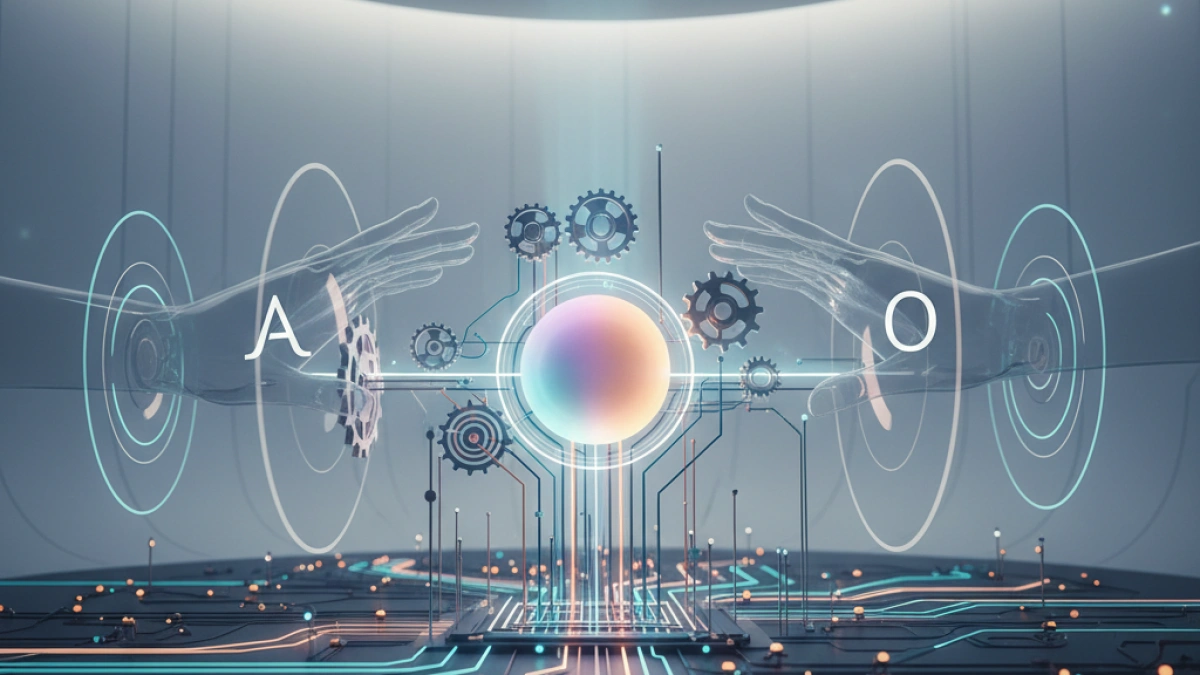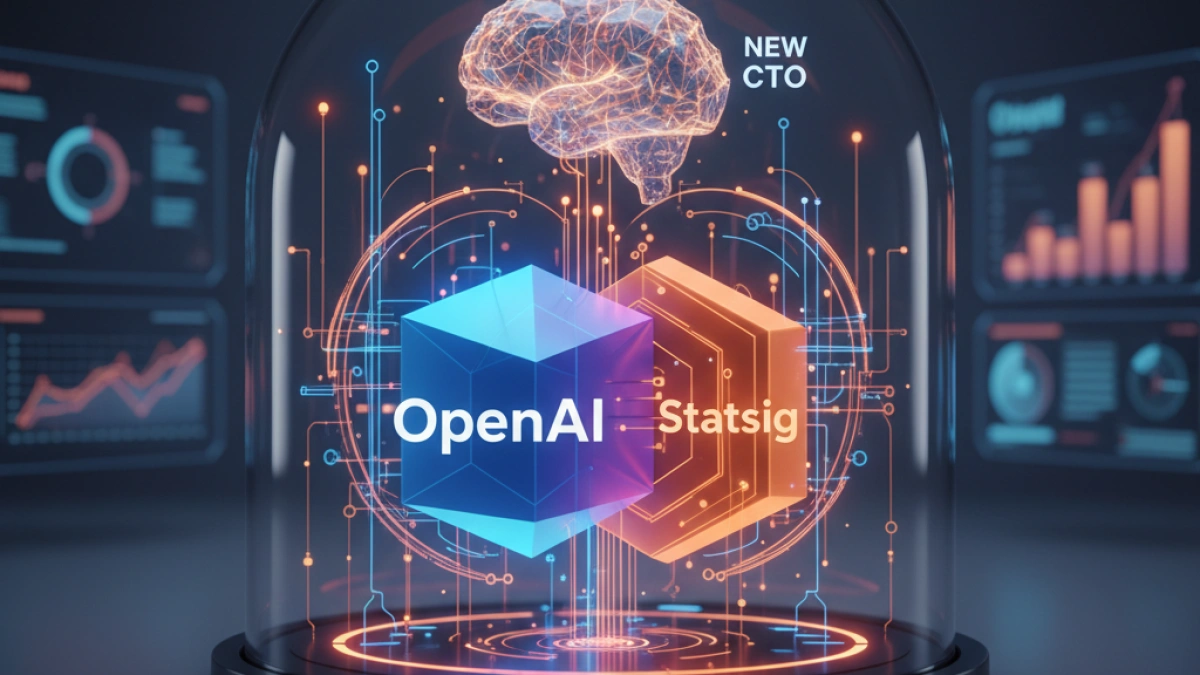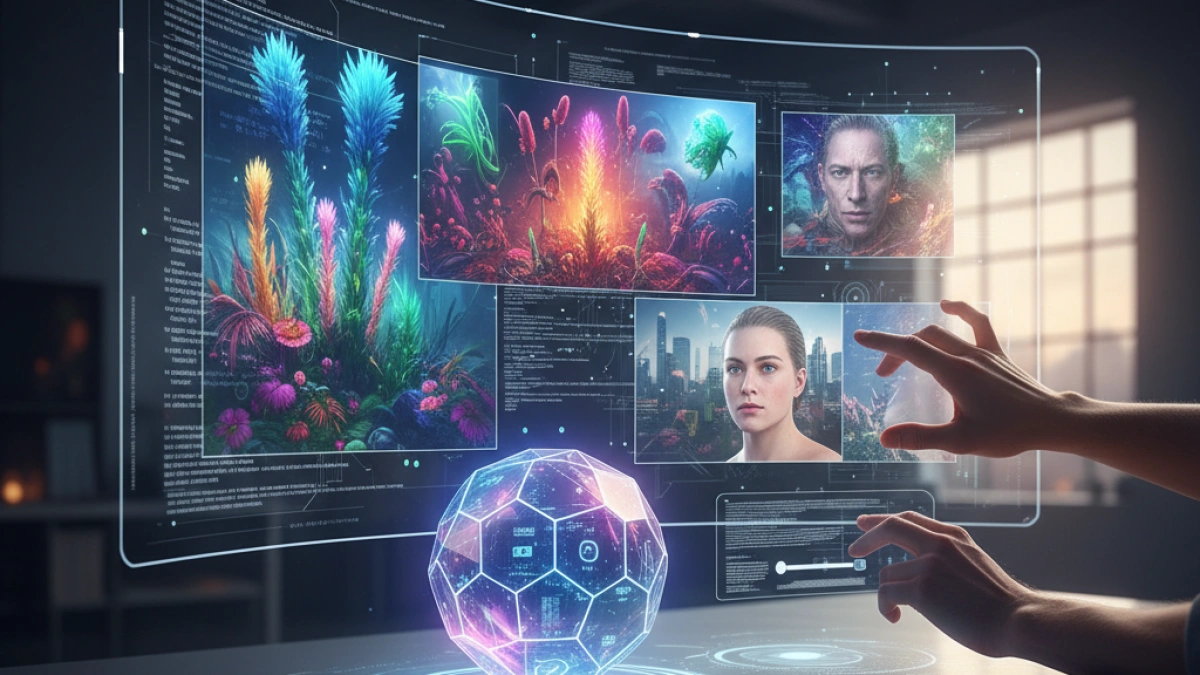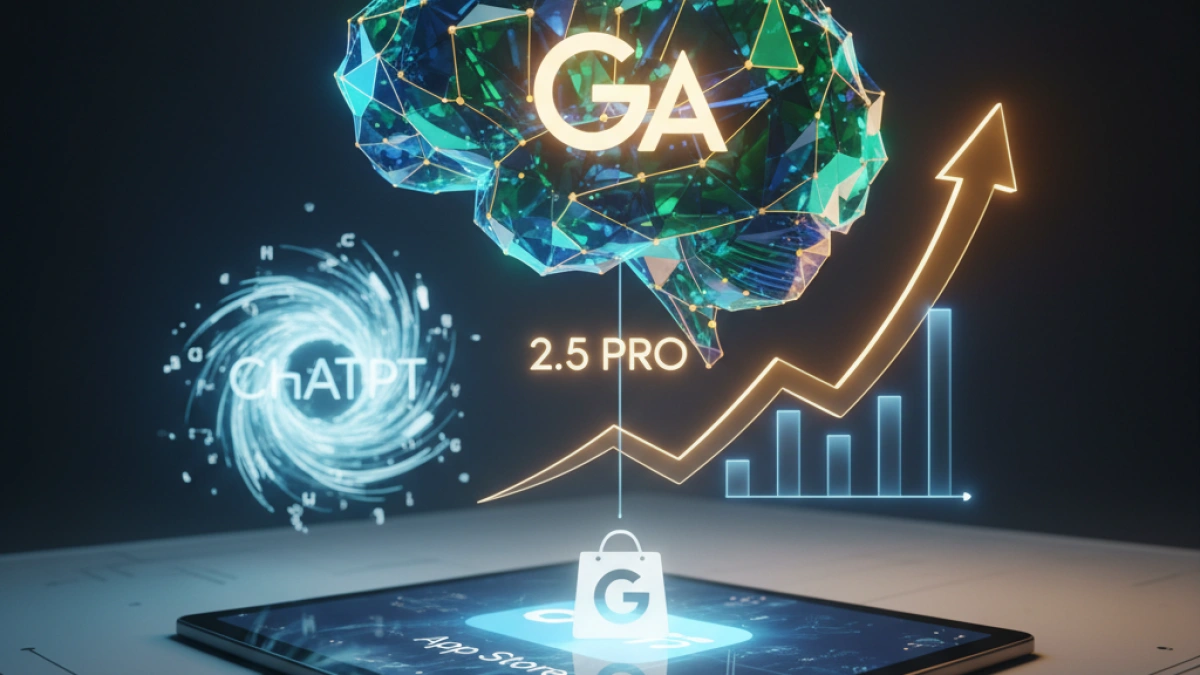OpenAI launches GPT-5-Codex, its new version for Codex in 2025

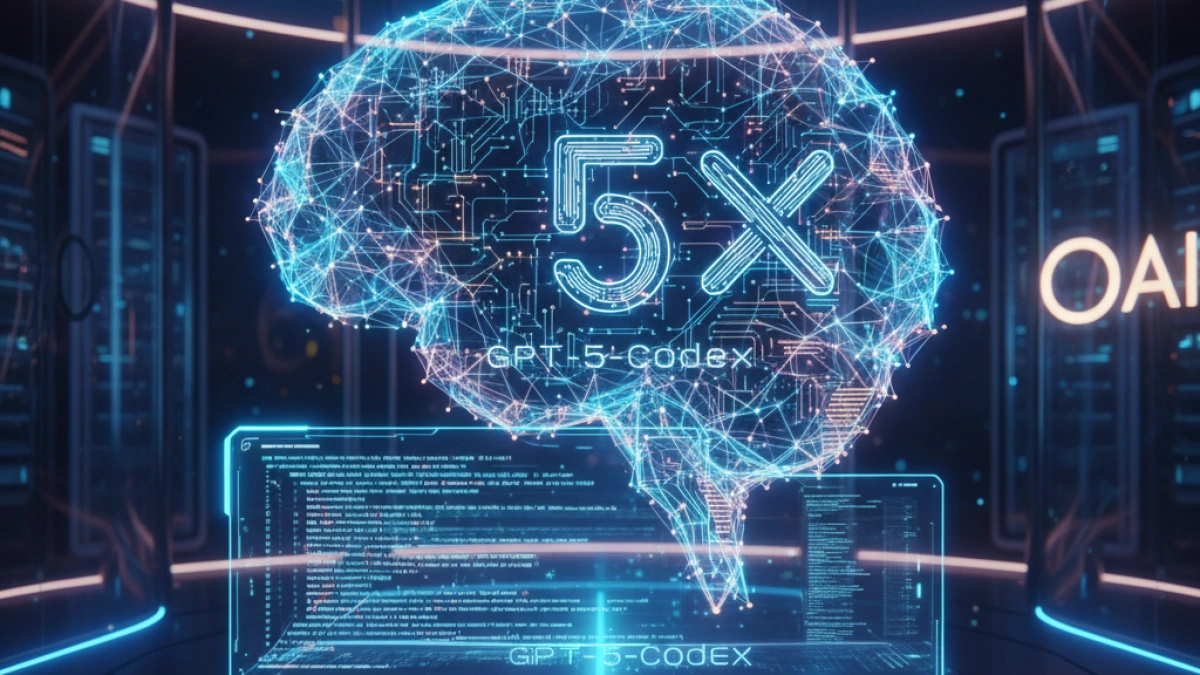
OpenAI has taken a significant step in the evolution of its artificial intelligence tools by announcing the launch of a new version of GPT-5, specifically designed for its coding agent, Codex. This new model, named GPT-5-Codex, aims to optimize the way programming problem-solving is approached, offering a substantial improvement compared to previous versions.
Performance Improvements in GPT-5-Codex
The new model stands out for its ability to manage "thinking" in a more dynamic manner. Unlike previous versions, GPT-5-Codex can spend anywhere from a few seconds to seven hours on solving a coding task. This flexibility results in better performance in agentive coding tests. OpenAI has begun to integrate GPT-5-Codex into its Codex products, accessible through terminals, IDEs, GitHub, and ChatGPT, and it is available to users of ChatGPT Plus, Pro, Business, Edu, and Enterprise. The company has also expressed its intention to offer this model to API clients in the near future.
Context of the AI Coding Tools Market
The launch of GPT-5-Codex is part of OpenAI's strategy to enhance Codex's competitiveness against other AI-assisted coding solutions, such as Claude Code, Cursor from Anysphere, and Microsoft’s GitHub Copilot. Over the past year, the market for AI-based coding tools has become increasingly crowded, driven by intense user demand. For instance, Cursor surpassed $500 million in annual recurring revenue in early 2025, while Windsurf, a similar code editor, was embroiled in a chaotic acquisition attempt that caused its team to split between Google and Cognition.
Read also
Evaluations and Enhanced Capabilities
According to OpenAI, GPT-5-Codex outperforms GPT-5 on the SWE-bench Verified benchmark, which measures an agent's coding skills, as well as on code refactoring tests in large, established repositories. To enhance its capabilities, the model was specifically trained to perform code reviews, and experienced software engineers were asked to evaluate the feedback generated by the model. The results of these evaluations indicate that GPT-5-Codex offers fewer incorrect comments and provides more "high-impact feedback."
Dynamic Model Functionality
Alexander Embiricos, product lead for Codex at OpenAI, highlighted that much of the performance increase of GPT-5-Codex can be attributed to its "dynamic thinking" abilities. Users may be familiar with the router in GPT-5 used in ChatGPT, which directs queries to different models based on task complexity. However, Embiricos explained that GPT-5-Codex works differently, as it does not have an internal router and can adjust in real-time how much time to dedicate to a task. For example, the model can determine five minutes after starting a problem that it needs to spend an additional hour, and in some cases, it has been observed taking over seven hours in total to resolve certain challenges.
Read also
Implications for the Future
The launch of GPT-5-Codex underscores OpenAI's commitment to advancing the field of artificial intelligence applied to coding. This new version not only improves the efficiency and effectiveness of the generated code but also establishes new standards in evaluating assisted coding tools. As the market continues to evolve, it is expected that competition will further foster innovation, benefiting developers and companies involved in software development.
For those interested in this technological evolution and its applications, it is recommended to closely follow future updates and performance comparisons in this dynamic field. For more information and articles on similar topics, readers are invited to visit this blog.

